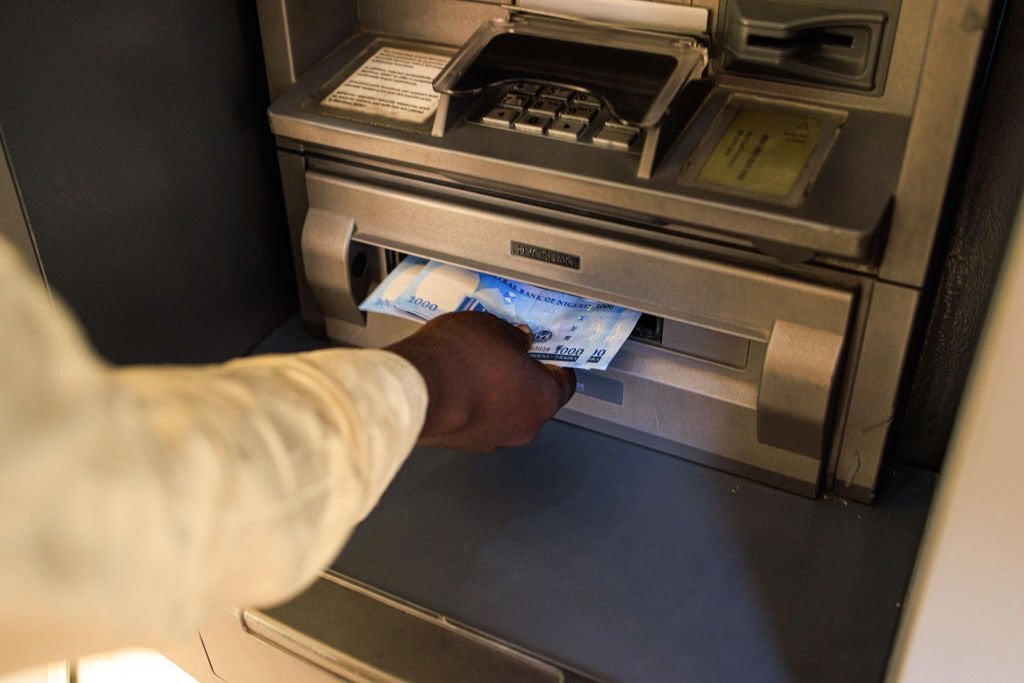BY OPATOLA VICTOR
The recent circular issued by the Central Bank of Nigeria (CBN) (Ref: FPR/DIR/GEN/CIR/001 /002, dated February 10, 2025) has sparked outrage among millions of Nigerian consumers. The revised structure for Automated Teller Machine (ATM) transaction fees, scheduled to take effect from March 1, 2025, introduces steep charges that will disproportionately impact low-income earners who depend on ATMs for their everyday financial needs. This policy, if left unchallenged, threatens financial inclusion and places an undue burden on consumers.
The Federal Competition and Consumer Protection Commission (FCCPC) has a clear and broad statutory mandate under the Federal Competition and Consumer Protection Act (FCCPA) to intervene in matters that adversely affect consumer interests. Sections 17, especially 17(l)(a), 17(1)(b), and 17(1)(c) of the FCCPA empower the Commission to review economic activities, identify anti-consumer practices, and take necessary actions to protect Nigerians from exploitation.
The FCCPC must act decisively, as this policy is not a monetary or fiscal policy decision but a business decision by the CBN that is in favour of bank profitability over consumer protection. The misconception that every action of the CBN is insulated from regulatory scrutiny under the guise of its monetary policy powers must be corrected.
Advertisement
Where the CBN acts in a manner that clearly prioritizes the profitability of banks over consumer protection, the FCCPC has the authority—and indeed the responsibility—to intervene. The FCCPC is vested with broad powers to check anti-consumer practices, whether they originate from private businesses or government institutions. In this case, the Commission has both the legal mandate and the moral responsibility to intervene
The anti-consumer nature of the recent policy is evident in several ways. First, the policy places a disproportionate burden on consumers withdrawing of another bank’s ATM by introducing an N100 charge per N20,000 withdrawal at on-site and a charge of N100 at off-site ATMs and an additional surcharge of up to N500 per N20,000 withdrawal at off-site ATMs.
These new charges are separate and distinct from other numerous charges that financial consumers are mandated to pay. This effectively forces people to pay extra just to access their own money. The removal of the three free monthly withdrawals for “Not-On-Us” transactions worsens the financial strain on ordinary Nigerians, making it even more expensive to use banking services.
Advertisement
The CBN argues that these charges are meant to accelerate ATM efficiency and ensure appropriate pricing. However, there is no evidence to support this claim. Past increases in banking fees have not led to any significant expansion of ATM infrastructure. Instead, banks have simply profited from the additional charges without improving service delivery. As a result, while the total number of ATMs may not have decreased, the existing infrastructure remains inadequate to meet consumer demand, leading to higher withdrawal expenses by forcing many consumers to rely on even more pricey POS vendors.
On closer scrutiny, this policy represents a violation of consumer protection principles. The FCCPC has a responsibility to prevent businesses, including government institutions, from imposing unfair and excessive charges on consumers. The CBN’s new fee structure will only widen the financial exclusion gap by making banking services more expensive and less accessible to consumers, especially for those in rural and underserved areas. When bank charges get too much and expensive, such policy undermines financial inclusion rather than promoting it; thereby undermining the CBN’s own stated goals.
To protect Nigerian consumers, the FCCPC must take the following immediate actions:
-
Conduct an Urgent Review – Under Section 17(1)(b) of the FCCPA, the FCCPC should immediately review the CBN’s policy to assess its impact on consumers and determine whether it constitutes an anti-consumer practice.
Advertisement -
Call for a Temporary Hold on Implementation – The FCCPC, under Section 17(l) of the FCCPA Should take immediate steps to press for the suspension of the new ATM fees until a thorough review and meaningful stakeholder engagement takes place, ensuring no consumer is subjected to unfair charges until a full review is completed.
-
Engage the CBN Directly – The FCCPC should initiate direct consultations with the CBN, advocating for consumer-friendly banking policies that do not impose undue financial burdens on Nigerians.
-
Recommend Corrective Measures – Finally, the Commission should recommend necessary corrective measures to the Federal Government, as empowered under Section 17(1)(c) of the FCCPA, ensuring that any future adjustments to banking fees prioritize consumer protection alongside financial sector profitability.
In conclusion, the CBN’s unilateral imposition of excessive ATM fees is an anti-consumer practice that the FCCPC cannot afford to ignore. This is an opportunity for the Commission to exercise its broad statutory mandate and take a firm stance in defence of Nigerian consumers. We urge the FCCPC to intervene decisively and set a precedent that consumer interests must always be a consideration.
Advertisement
Opatola Victor is the national coordinator of Lawyers for Civil Liberties and can be reached through [email protected]
Advertisement
Views expressed by contributors are strictly personal and not of TheCable.
Add a comment









